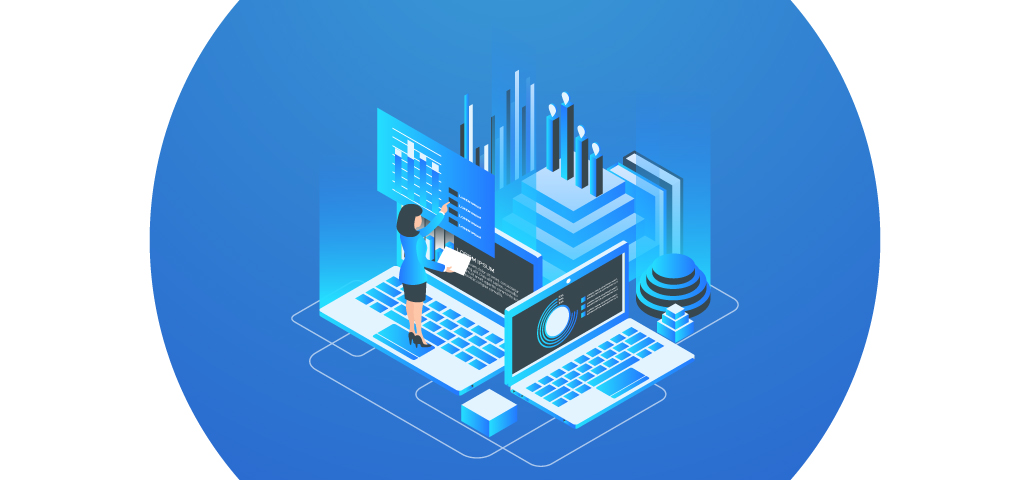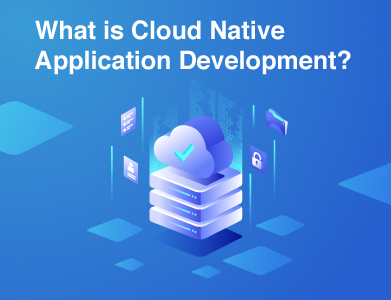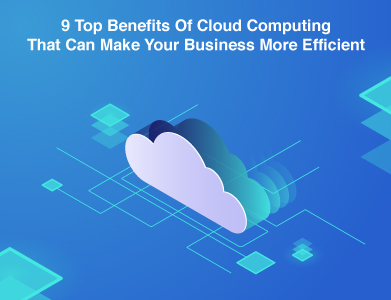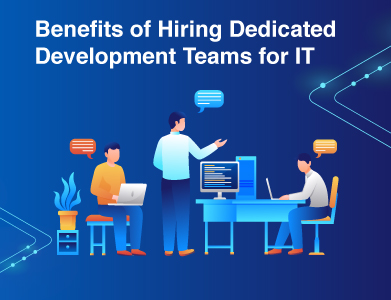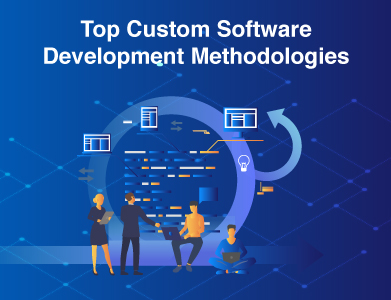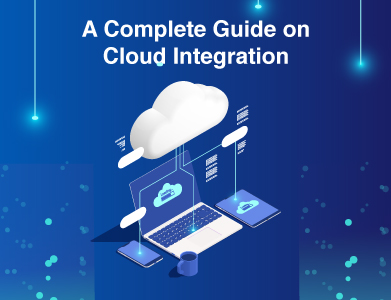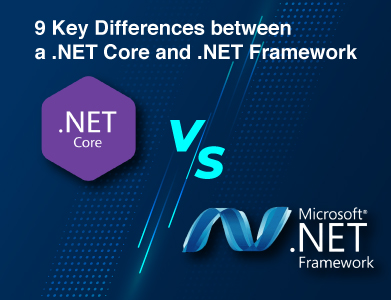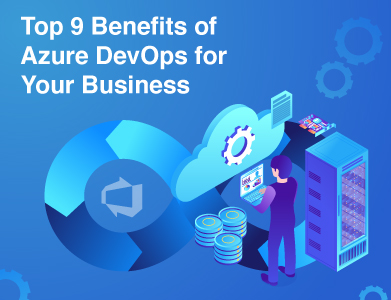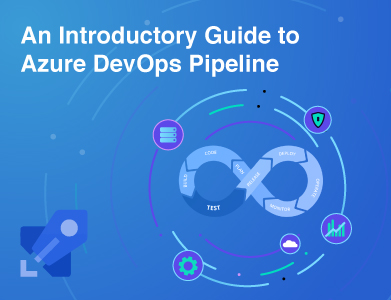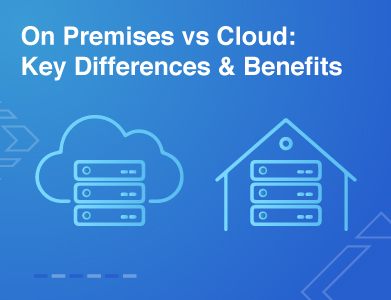Expertise
In the fast-paced commercial world of today, manual accounting is frequently laborious and prone to mistakes. Accounting software development is the starting point here, offering an automated digital solution for some of the main corporate operations, including bookkeeping, accounts payable, accounts receivable, tax administration, and financial reporting.
Customized accounting software will cater to the requirements of businesses, automate their financial processes, and thus increase efficiency while reducing human errors. Custom software development makes it easy to preserve system flow and integration with existing systems, making sure that your financial activities are in terms of effectiveness and compliant with all related industry standards, local GAAP included.
This is a guide through the ins and outs of accounting software development, showing the key benefits that can help you determine how it can revolutionize your business.
What is Accounting Software?
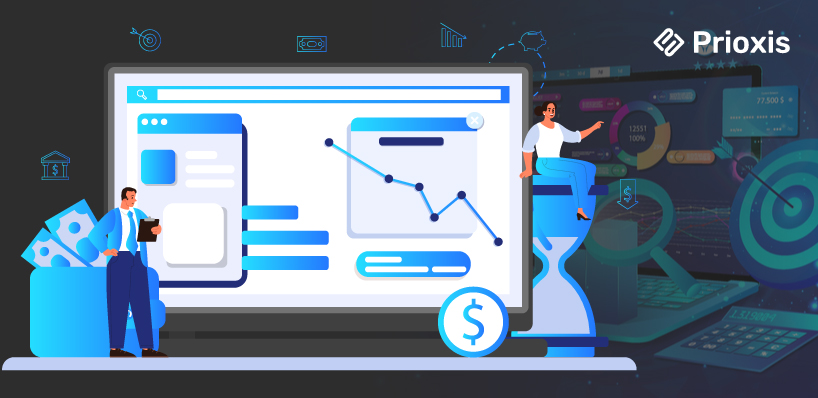
Accounting software serves as a digital tool designed to manage a business’s financial activities, including bookkeeping, accounts payable and receivable, inventory tracking, and the creation of financial reports. Automating these processes provides valuable insights into a business's financial health and supports decision-making.
Modern accounting software also monitors cash flows and expense handling but also promotes tax compliance as well as the management of projects. According to financial technology expert William Hamilton, it eliminates tedious manual data input because it auto-codes each day's transactions and provides instant dashboards for information.
Accounting software is customized to ensure the unique needs of every business get fulfilled, resulting in greater efficiency and streamlined operation.
Types of Accounting Software
Effective financial management is crucial for every business, and the right accounting software can streamline processes, enhance accuracy, and save valuable time. Whether you are a small business owner or managing a large enterprise, investing in the right accounting tools is crucial. Here are five different types of accounting software worth considering to optimize your financial operations.
Custom Accounting Software
Custom accounting software is tailored to fit your business's unique needs. Because it is specifically designed to accommodate your operations, it is more easily learned and utilized by employees who do not require additional training beyond the initial setup. This software is fully customizable and will scale with your business.
Advantages
- Feature control and flexibility
- Easy for employees to learn
- Scalable according to business needs
- Long-term cost benefits
Disadvantages
- Time-consuming to develop
- Ongoing maintenance and updates needed
- High initial development costs
Examples
- Xero
- QuickBooks
- Zoho Books
- Sage Intacct
Enterprise Accounting Software
Enterprise accounting software caters to large organizations that have intricate financial requirements. These solutions are equipped with sophisticated features like automation, comprehensive reporting tools, and intuitive interfaces. They are perfect for handling substantial transaction volumes and operations across multiple departments.
Pros
- Highly functional and feature-rich
- Easy integration with other systems
- Automated processes for efficiency
Cons
- High initial costs
- Steep learning curve
- Dependency on third-party vendors
Examples
- SAP ERP
- Oracle NetSuite
- Microsoft Dynamics 365
- Infor CloudSuite
Pre-made Accounting Software Solutions
Ready-made accounting software solutions exist for all businesses. These cloud-based solutions are available with standard features and don't allow much customization. They are easy to use, and provide regular updates, but require training for employees and may result in slower operational efficiency due to the dependency on third-party integration.
Advantages
- Regular updates
- Cloud-based access
- Easy to use and setup
Disadvantages
- High subscription costs
- Less customization
- Scalability issues
Examples
- QuickBooks Online
- FreshBooks
- Wave Accounting
- Xero
Spreadsheets
Spreadsheets are an easy, low-cost accounting solution, best suited for small businesses, freelancers, or startups. Though they are flexible and customizable, they demand a lot of manual input. As they do not update in real-time, spreadsheets are not ideal for larger businesses with complex needs.
Advantages
- Easy to use
- Low cost
- Flexible and customizable
Disadvantages
- No real-time updates
- Security issues
- Error-prone and time-consuming
Examples
- Microsoft Excel
- Google Sheets
- Apple Numbers
- LibreOffice Calc
Commercial Accounting Software
Commercial accounting software caters to the needs of small to mid-sized businesses. They offer the required features, including financial reporting, creation of audits, and core customization. They are cost-effective, yet with those required features, this makes them appropriate for the small business owner.
Advantages
- It is easy to learn and use
- Has advanced reporting capabilities
- Cost-effective for SMEs
Disadvantages
- Limited customization
- Security issues
- Dependency on vendors
Examples
- QuickBooks
- Sage
- Peachtree
With a familiarity with the accounting software types above, let's proceed to take a deep dive into the custom accounting software development cycle to guide you toward the best-suited option for your business.
Why Build Your Own Bespoke Accounting Software
It is the building of your custom accounting software, which will yield several benefits to assure you long-term business success.
- Tailored according to Your Business Needs
Custom accounting software is built to suit your kind of business operations. In contrast to off-the-shelf solutions, you have the liberty to choose the features that match your unique processes, to ensure increased accuracy and efficiency in managing the finances of your business.
- Seamless Integration with Existing Systems
With bespoke software, you can integrate seamlessly with your current tools and systems, whether it's your CRM, inventory management, or payroll system. This integration reduces manual entry, eliminates errors, and improves data consistency across your business.
- Scalability to Grow with Your Business
As your business expands, so will your accounting software. Custom solutions are designed to scale according to your changing needs, thus enabling you to add new features and adapt to growing complexities that will not limit you by being bound by constraints that pre-built software offers.
- Enhanced Security and Compliance
Security is of utmost importance in handling sensitive financial data. Custom accounting software allows you complete control over the storage, access, and security of your data. You can implement tailored security protocols and ensure compliance with the regulations specific to your business, which reduces the risks of breaches or legal issues.
- Greater Automation and Efficiency
It would save so much time and human effort in doing routine tasks such as invoicing, expense tracking, and tax calculations. Many financial activities can be streamlined with custom software, hence freeing important resources for the team and allowing it to work on more strategic initiatives.
- Long-Term Cost Savings
Although the initial investment in custom accounting software is high, the savings are substantial in the long run. Reducing human labor, paper usage, and reliance on external software will result in long-term cost savings and improved operational efficiency.
- Real-Time Insights to Improve Decision Making
Custom accounting software allows for real-time access to critical financial data and analytics. This offers you the ability to make informed business decisions, identify patterns, and alter strategies as needed to keep your financial health on track.
Key Features of Accounting Software
Some of the most important features of your accounting solution are as follows:
1. VAT Calculations
Good accounting software should calculate VAT, automatically determine VAT payments, and prepare a report at the end of every tax period. This reduces errors, and manual effort, and ensures the accuracy of tax compliance.
2. Payroll Management
Employee wages and benefits can be complex to manage, but payroll management functionality makes it easier. The software should allow you to input wages, track work hours, and calculate bonuses, taxes, and deductions automatically for accurate payroll processing.
3. Report Generation
Your accounting software should have the ability to generate in-depth financial reports automatically, without the need for human input. Automating reports will assist accountants in easily creating and forwarding tax reports to authorities regularly, reducing human error related to accounting documentation.
4. Invoice Processing
Automating the process of invoice processing can streamline operations considerably. Your accounting software should store client details, generate invoices, and track payments. This reduces manual work and helps improve communication with clients by ensuring invoices are sent on time.
5. E-Payments Integration
Your accounting software ought to be compatible with accounting online software payment systems, given the growing popularity of digital payments. This enhances the speed and convenience of payments for both clients and businesses by enabling customers to make payments straight from their bank accounts.
6. Multiple Access Levels
For security and control, your software should offer multiple access levels, allowing different permissions for admins, accountants, and managers. This ensures that sensitive financial data is protected and that employees only have access to the information relevant to their roles.
7. System Integration
Seamless integration is a must for businesses that operate on multiple platforms. Accounting software should be able to connect with other systems, such as e-commerce platforms, banking services, and e-filing tools, to streamline workflows and facilitate smooth data exchange across different business functions.
8. Expense Tracking
Your accounting software should have ease in tracking all business expenses from bank payments to receipt reconciliations. This should include receipt support and recurring expense categorization for better cost management and transparency of your finances.
9. Bank Account Linking
Integration of your business bank accounts with the accounting software makes financial tracking easier and reduces errors. The software should be able to support popular file formats, such as OFX, QIF, and CSV, to upload electronic bank statements directly, improving data accuracy and saving time.
10. Data Visualization (Graphics)
Effective data visualization can, therefore, be very effective in one's way of analyzing financial information. Your accounting software should, therefore, keep your financial data in visually appealing charts and graphs like pie charts or bar graphs through which accountants and managers may read a report and quickly understand the trends accordingly.
Accounting Software Development Process: Key Steps
Below are the key steps involved in the accounting software development process:
1. Feasibility Study
A feasibility study is a crucial step before initiating the development process. It determines the viability of the project. The business requirements need to be evaluated, and the market needs must be understood. This is to ensure that custom accounting software is the right solution. During this phase, key stakeholders are consulted to understand the scope, budget, and timeline for the project.
2. Profound Research
At this stage, massive research is conducted to understand the recent trends in accounting software, the regulatory requirements, and the industry-specific challenges of the target industry. The research work includes competitor analysis and identifying must-have features that will add value to the software. Thus, the developed software is not only efficient but competitive as well in the market.
3. Design and Prototyping
After the research is done, the design of the user interface and user experience is created. A prototype or wireframe of the software is made to give a visual representation of how the application will work. This phase includes defining the architecture of the software, its flow, and layout. The design phase ensures that the software will be user-friendly, intuitive, and meet the requirements outlined in the research.
4. Development and Hosting
This is where the actual development of accounting software happens. The development team builds the system based on the final design and specifications. The software is coded, tested, and integrated with the necessary tools and systems. When the development process is complete, the software is hosted on secure servers, accessible, reliable, and scalable based on business needs.
5. Ongoing Support & Maintenance
After the software has been deployed, support and maintenance are important in ensuring that the software continues to be functional, updated, and secure. Updates regularly add new features, correct bugs, and comply with new regulations. The support teams keep track of how the software performs and address issues or challenges that might arise in the smooth and uninterrupted running of the software.
Accounting Software Development Costs
The cost of developing the specific accounting software is determined by factors such as complexity, features, and integrations intended and necessary for security requirements. Below is the estimated range for the cost:
- $200,000–$400,000
A simple accounting solution that includes features from general ledger, A/R, A/P, payroll, and financial reporting and integrates with 1-3 corporate systems.
- $300,000–$600,000+
An advanced solution with automation features like AI-supported financial close, invoice processing with computer vision, or blockchain-based bookkeeping.
- $500,000–$700,000+
A large-scale enterprise system with multi-entity features and integrations with 4-7 back-office and external systems.
Cost Optimization Tips
To reduce costs without compromising quality, consider these strategies:
- Modular Architectures: Reuse components to save time and money.
- Open-Source Tools: Use pre-built tools to reduce custom coding.
- Agile Methodologies: Speed up development and reduce efforts.
- Cloud Resource Rightsizing: Optimize cloud resources for cost efficiency.
Key Cost Factors
Consider these questions to estimate your software's cost:
- What features do you need?
- How big is your organization, and how many users will you have?
- What are your hosting and scaling plans?
- What security levels do you need?
- What is your project timeline?
Tentative Cost Estimates
- Small-Budget Software: $15,000 to $35,000
- Medium-Scale Software: $40,000 to $100,000
- Large-Scale Software: $120,000 to $300,000
Advanced features can push costs to $500,000 or more. The development team typically charges $45 per hour.
Conclusion
Custom accounting software can become a part of your organization's toolkit, automating processes and making workflow more efficient.
We hope this guide has answered all your questions about developing an accounting software solution tailored to your business needs. Creating a multifunctional accounting application software or a bespoke accounting platform is well within the capabilities of the Prioxis team.
If you're ready to create your accounting software but do not know how to start, go through our technologies and services offerings. That will give you an idea about the size and features of your accounting tool, thereby making a proper base for its development.
Connect with Prioxis! Write to us whenever you need anything, and we will get back as soon as possible.
